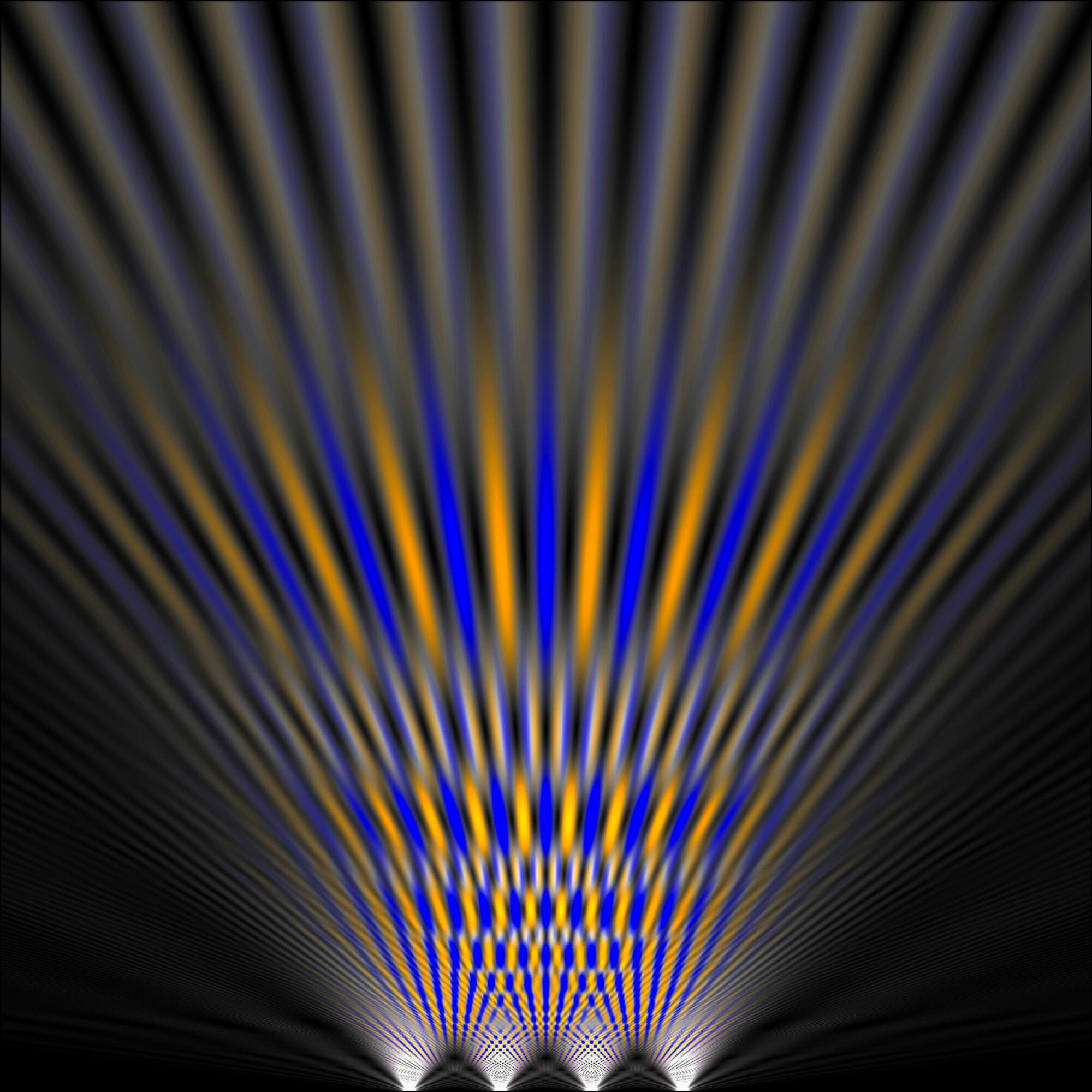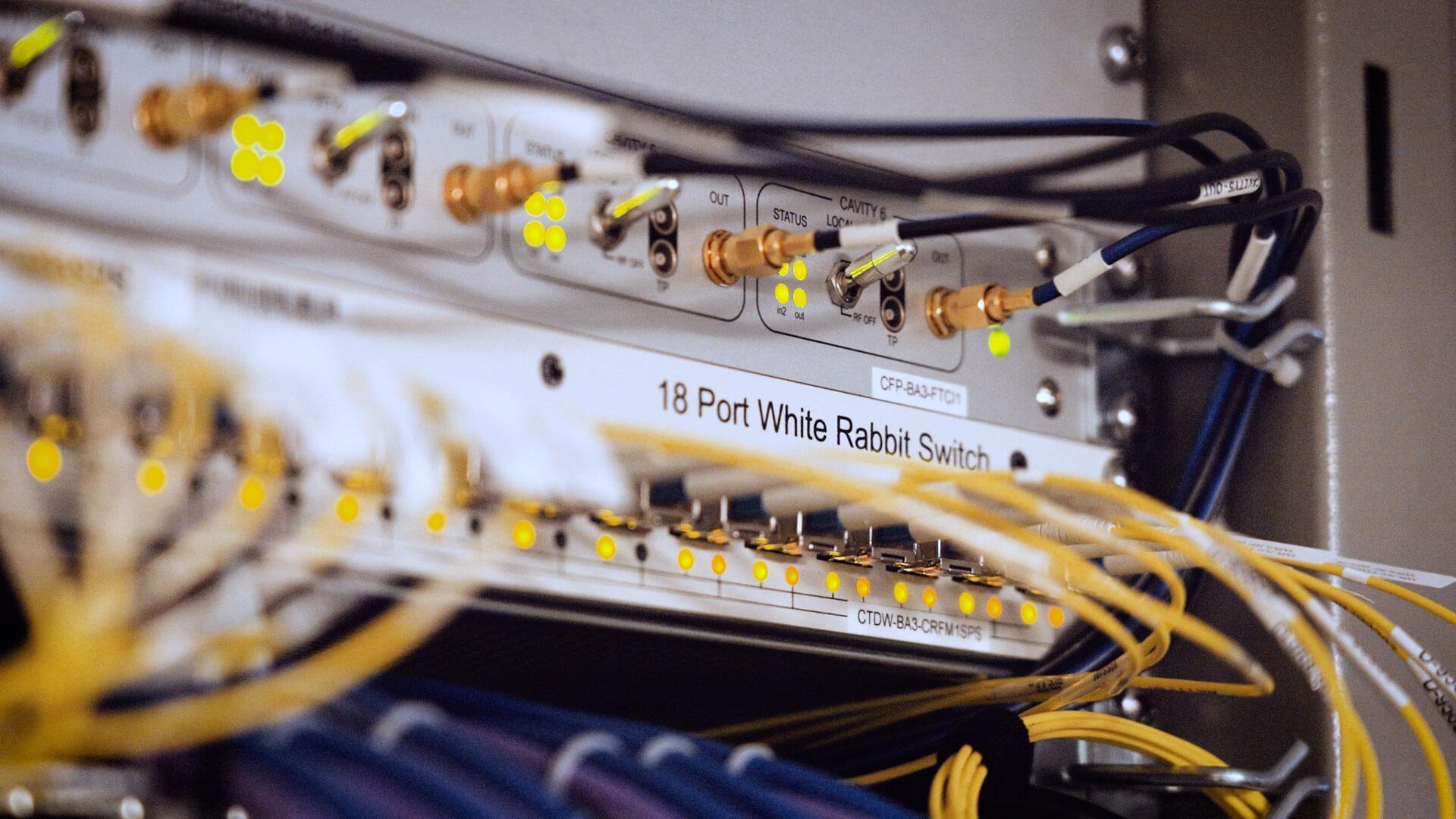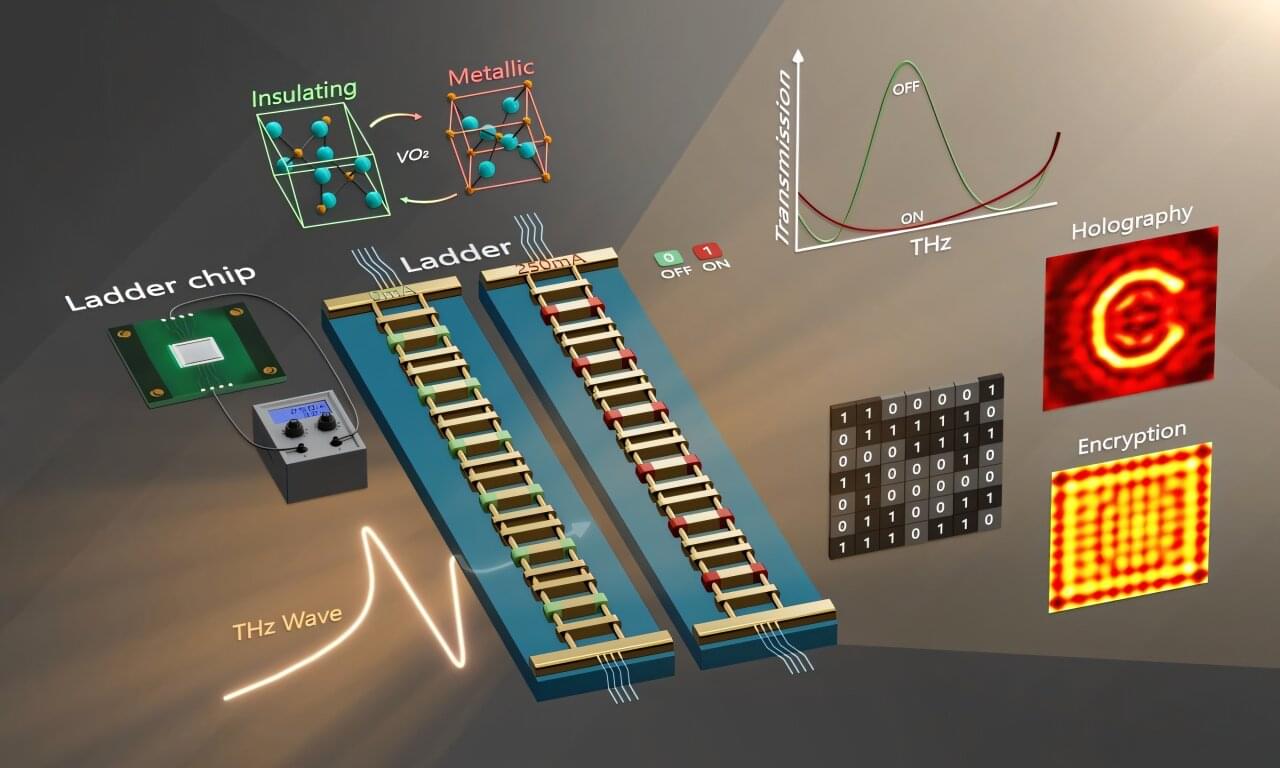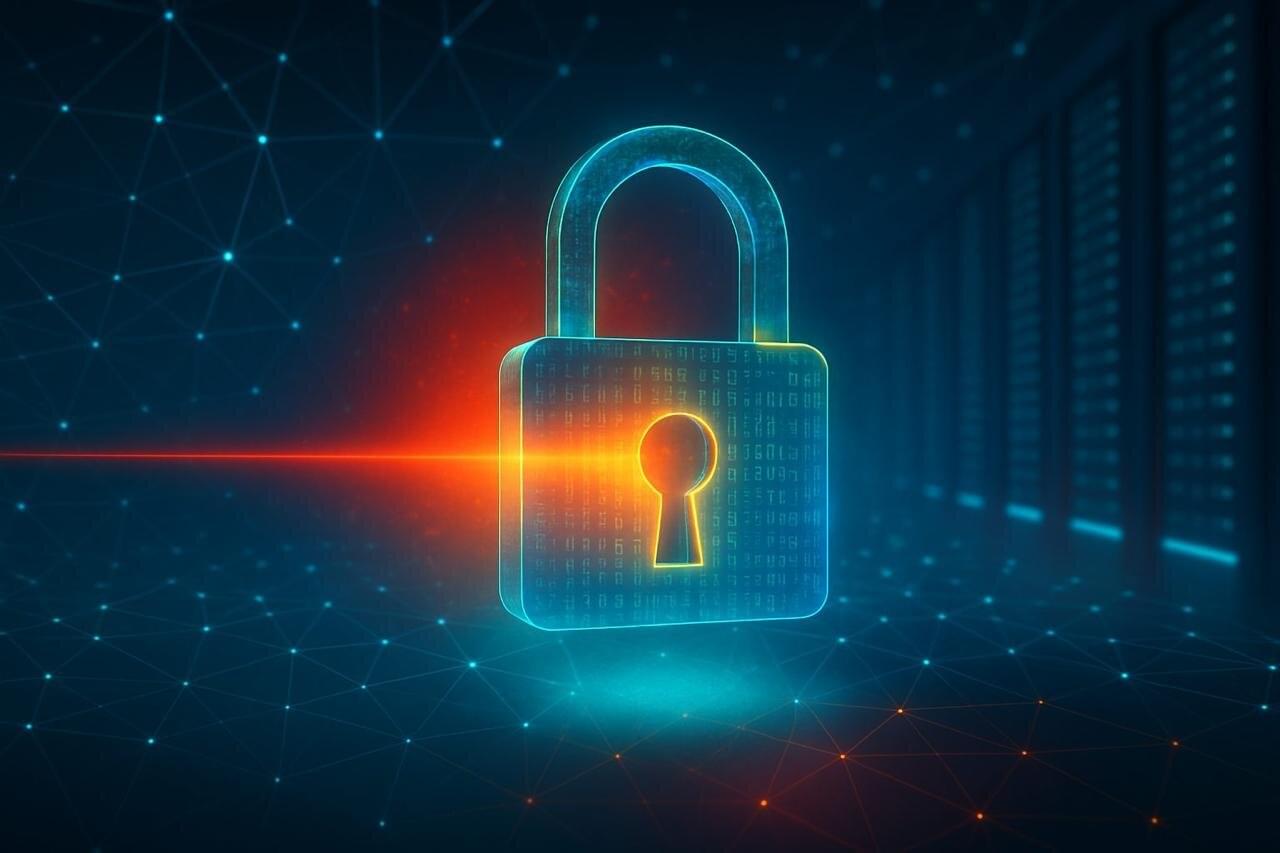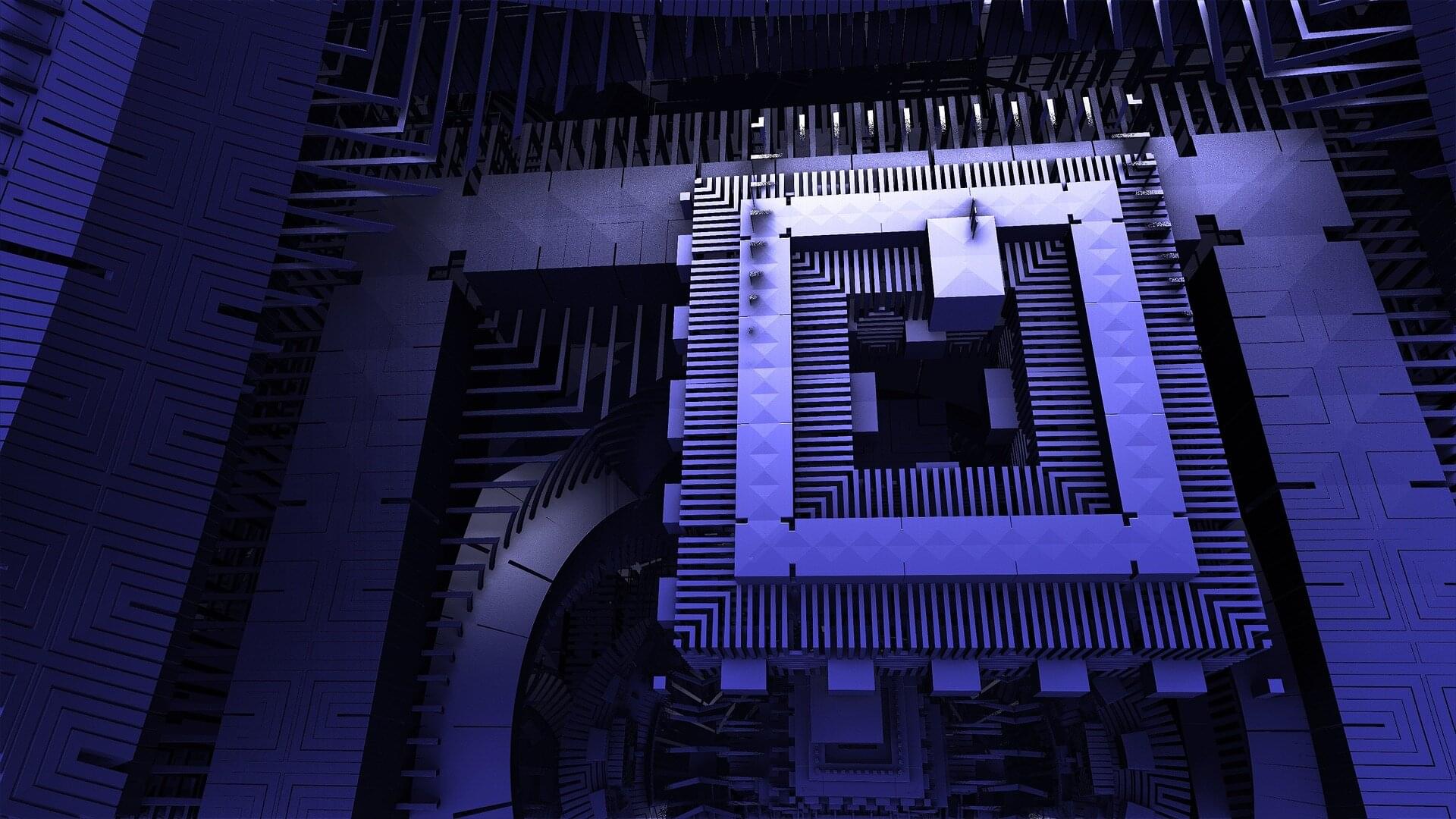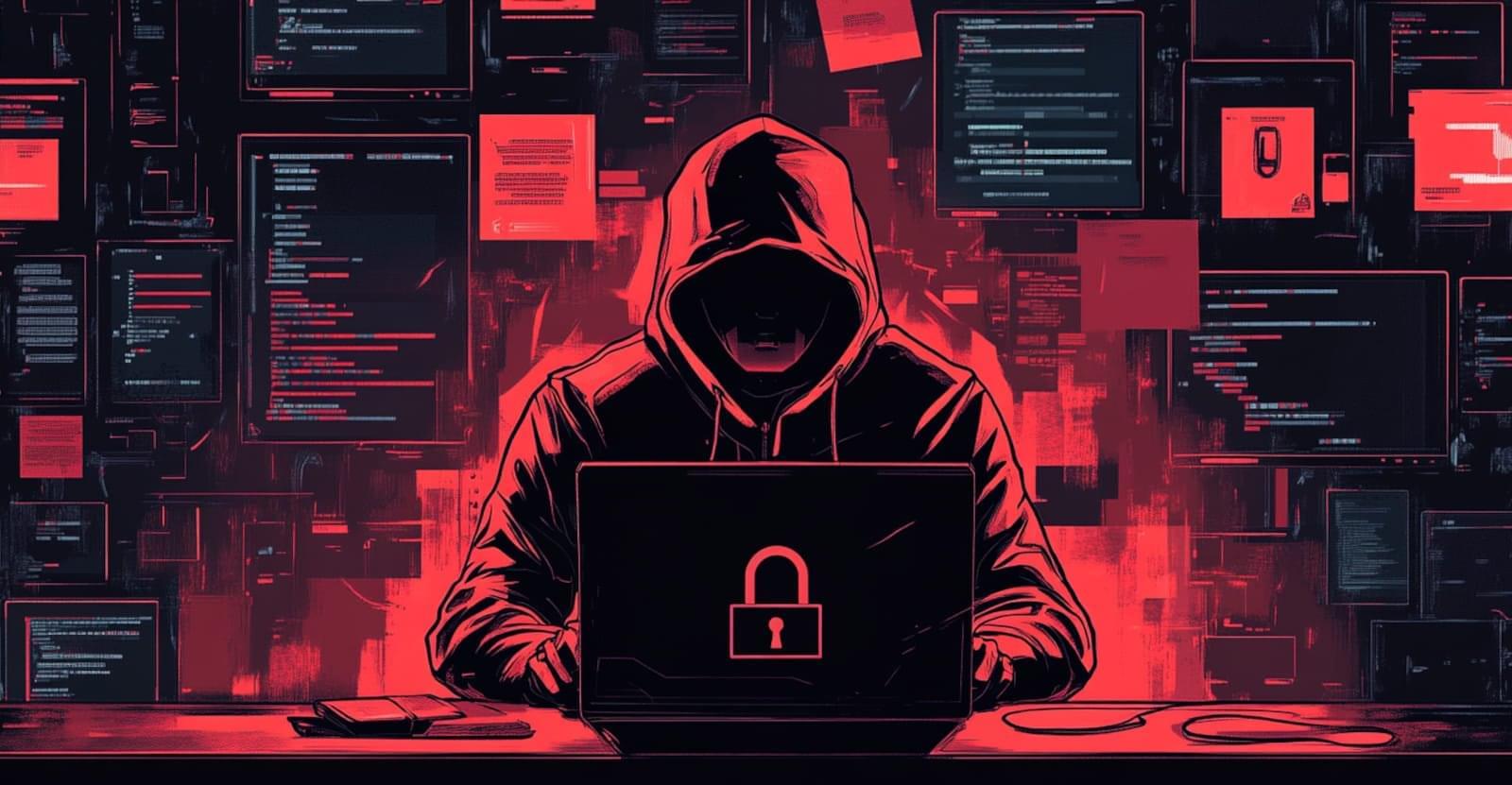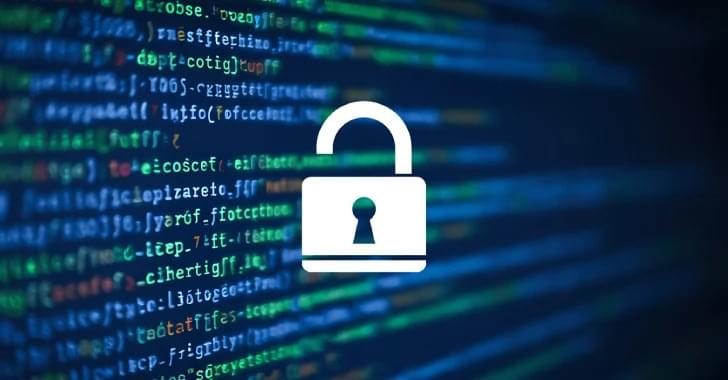In the era of instant data exchange and growing risks of cyberattacks, scientists are seeking secure methods of transmitting information. One promising solution is quantum cryptography—a quantum technology that uses single photons to establish encryption keys.
A team from the Faculty of Physics at the University of Warsaw has developed and tested in urban infrastructure a novel system for quantum key distribution (QKD). The system employs so-called high-dimensional encoding. The proposed setup is simpler to build and scale than existing solutions, while being based on a phenomenon known to physicists for nearly two centuries—the Talbot effect. The research results have been published in the journals Optica Quantum, Optica, and Physical Review Applied.
“Our research focuses on quantum key distribution (QKD)—a technology that uses single photons to establish a secure cryptographic key between two parties,” says Dr. Michał Karpiński, head of the Quantum Photonics Laboratory at the Faculty of Physics, University of Warsaw.
